Meet the team
Alessandro Liuzzi-Jones, Founder (Mechanical Engineering)
Get in touch
Department of Mechanical Engineering
@imperialcollegeengineering
The Project: Pioneering Affordable Bone Health Diagnostics

A Game-Changer for Bone Health
Traditional bone health scans rely on costly, room-sized machines that require trained technicians and expose patients to radiation. Alessandro’s system presents a compact, non-invasive alternative based on new research that delivers accurate results at a fraction of the cost and footprint. The system is uniquely designed to position a sample with laser precision to the width of a human hair, and has wider applications beyond osteoporosis detection.
The Hackstarter Journey
Passionate about MedTech innovation, Alessandro saw an opportunity to focus on a field where his engineering skills could really add value. His innovation began as a final-year project in mid-November 2024 and has since developed with the support of Hackspace and his supervisor. Leveraging research data, he has successfully validated the concept in healthy participants and is now gathering data from patients with osteoporosis.
What’s Next? A Look Ahead
Alessandro is currently progressing all aspects of the hardware development to finalise a working prototype. Once this is in place, he plans to instigate further data collection to expand upon the research.
Ultimately, his goal is to revolutionise early osteoporosis detection through a routine preventative scan. Currently, most people are only referred for a bone scan after experiencing a fracture – by which point the condition is likely to have already developed. Thanks to this innovation, patients could receive a quick, on-site screening during routine GP check-ups – providing earlier intervention and helping to reduce fractures and improve bone health.
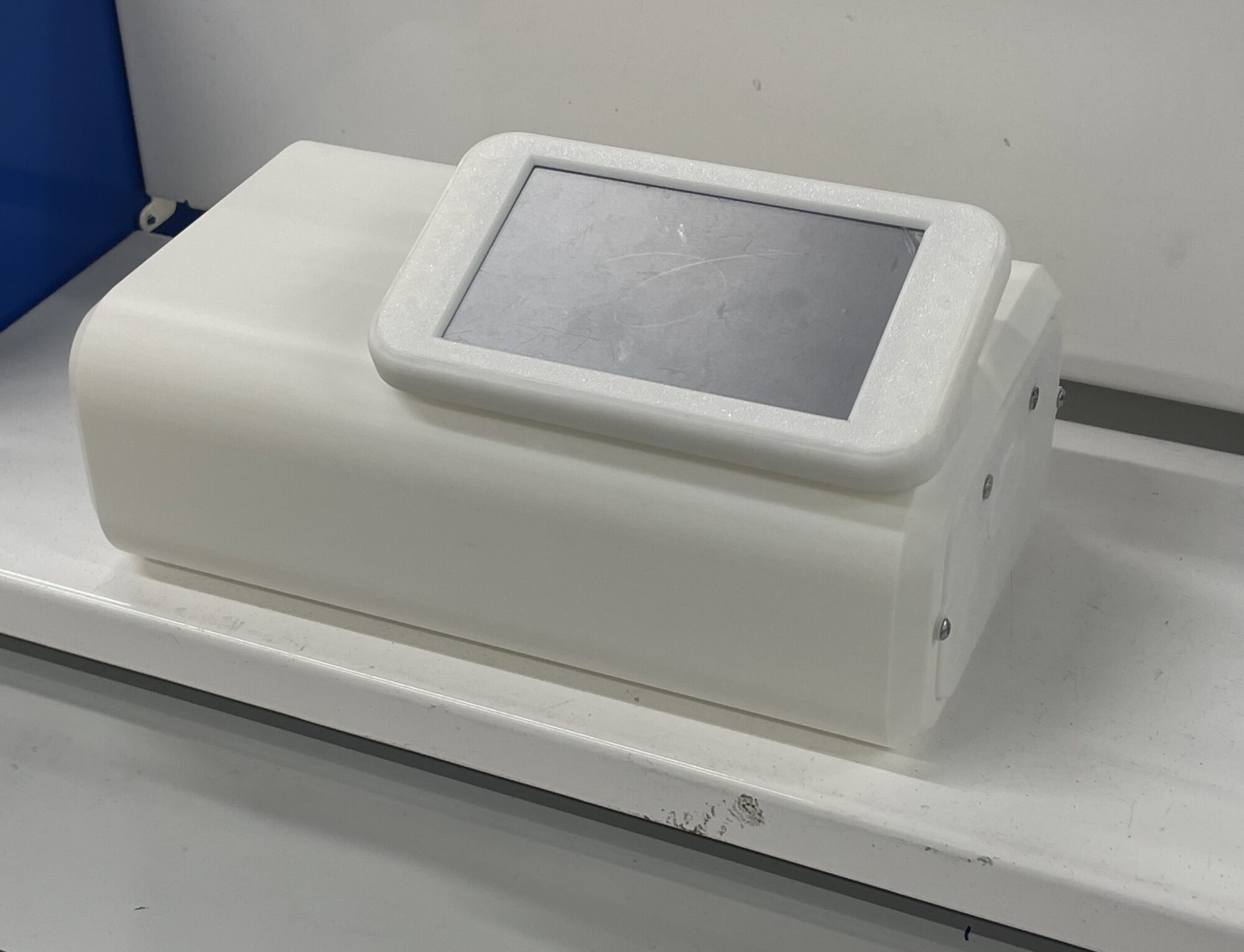
More from Hackspace
Discover what’s going on at the Hackspace.
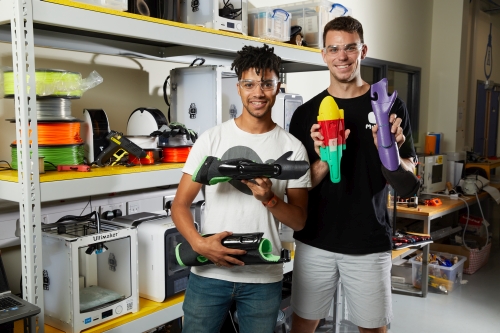
Read our success stories
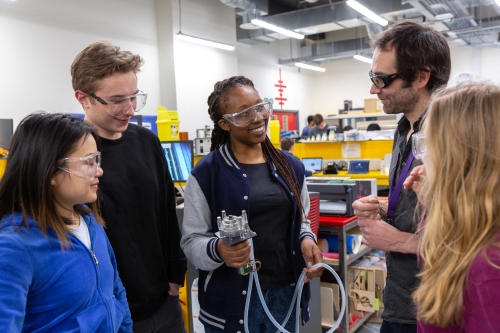
Work with us
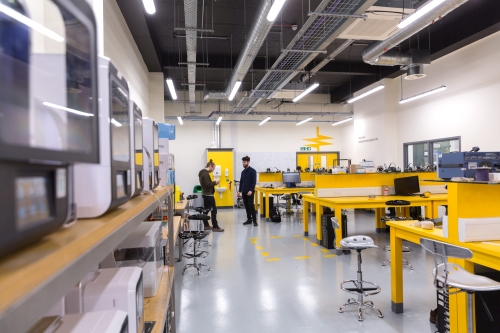
Our facilities
News
Catch up on the latest goings-on at Hackspace.
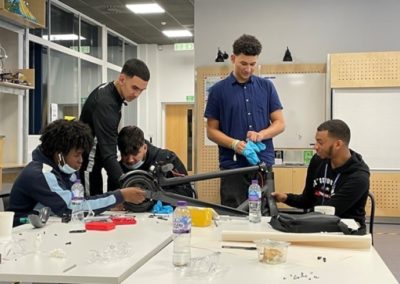
Imperial engineers work with local youth club to design and build e-scooters
Imperial has been working with North Paddington Youth Club to build electric scooters alongside the College's engineers.
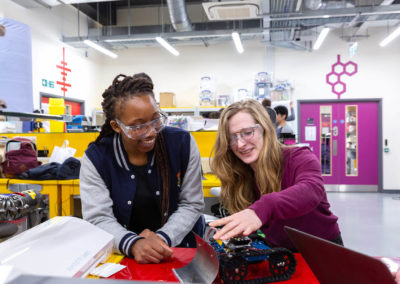
When Science and Art collide: White City Sculpture Challenge
The 2022 Sculpture Challenge will provide students the opportunity to collaborate and bring their vision to reality, resulting in the winning sculpture having a permanent presence at the White City Campus.
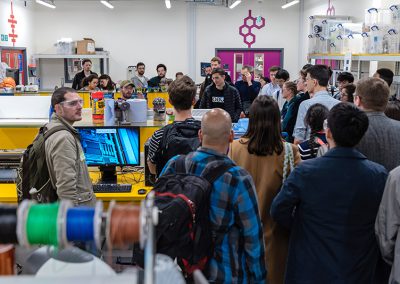
Hackstarter programme launches to support Imperial’s student makers and creators
Imperial College Advanced Hackspace launches Hackstarter to provide £500 prototype development grants.
© Copyright Advanced Hackspace | Powered by Imperial College London | Privacy Policy I Accessibility Statement | Website by Herd
